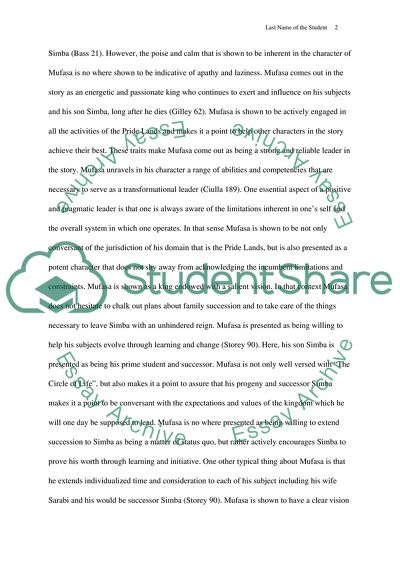Cite this document
(Inherent Leadership and Followership Styles in the Lion King Movie Review - 28, n.d.)
Inherent Leadership and Followership Styles in the Lion King Movie Review - 28. https://studentshare.org/visual-arts-film-studies/1793003-essay
Inherent Leadership and Followership Styles in the Lion King Movie Review - 28. https://studentshare.org/visual-arts-film-studies/1793003-essay
(Inherent Leadership and Followership Styles in the Lion King Movie Review - 28)
Inherent Leadership and Followership Styles in the Lion King Movie Review - 28. https://studentshare.org/visual-arts-film-studies/1793003-essay.
Inherent Leadership and Followership Styles in the Lion King Movie Review - 28. https://studentshare.org/visual-arts-film-studies/1793003-essay.
“Inherent Leadership and Followership Styles in the Lion King Movie Review - 28”. https://studentshare.org/visual-arts-film-studies/1793003-essay.


